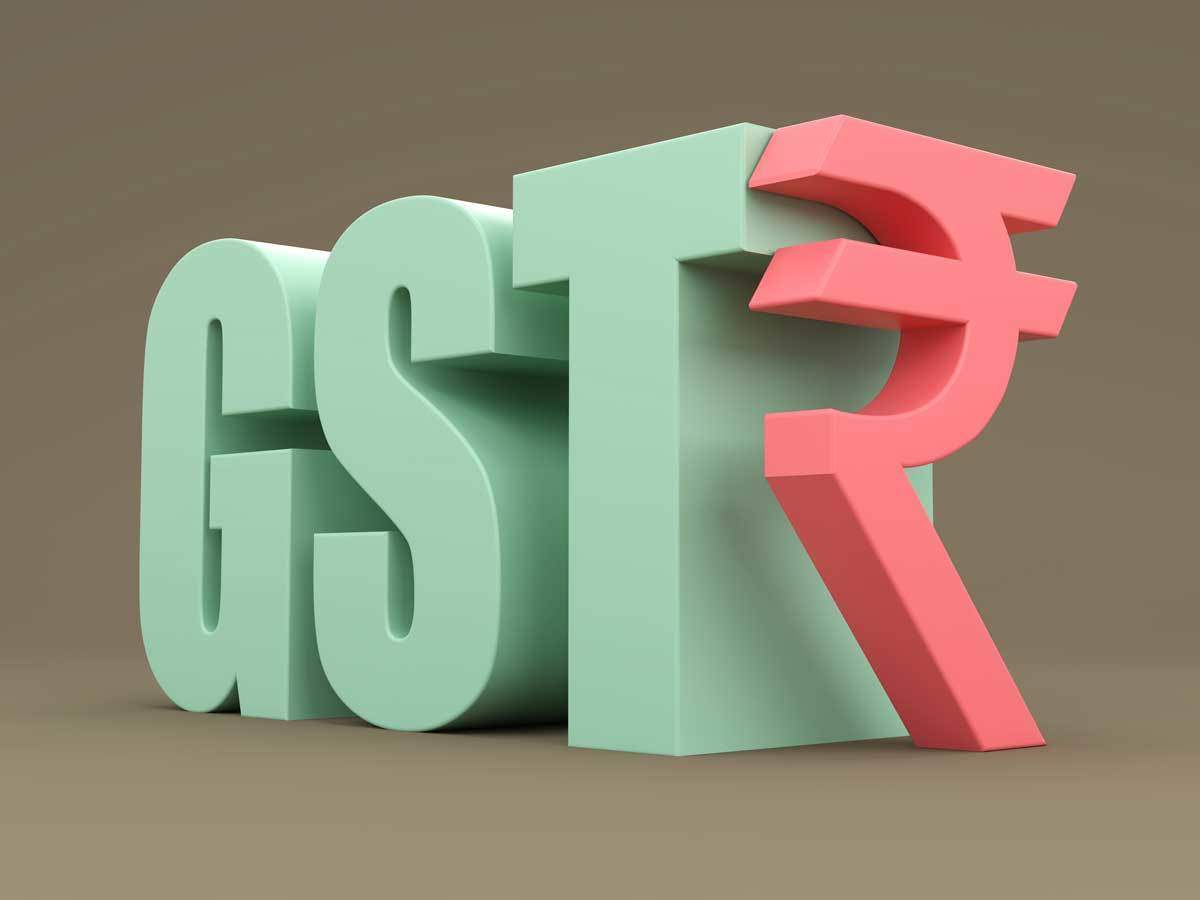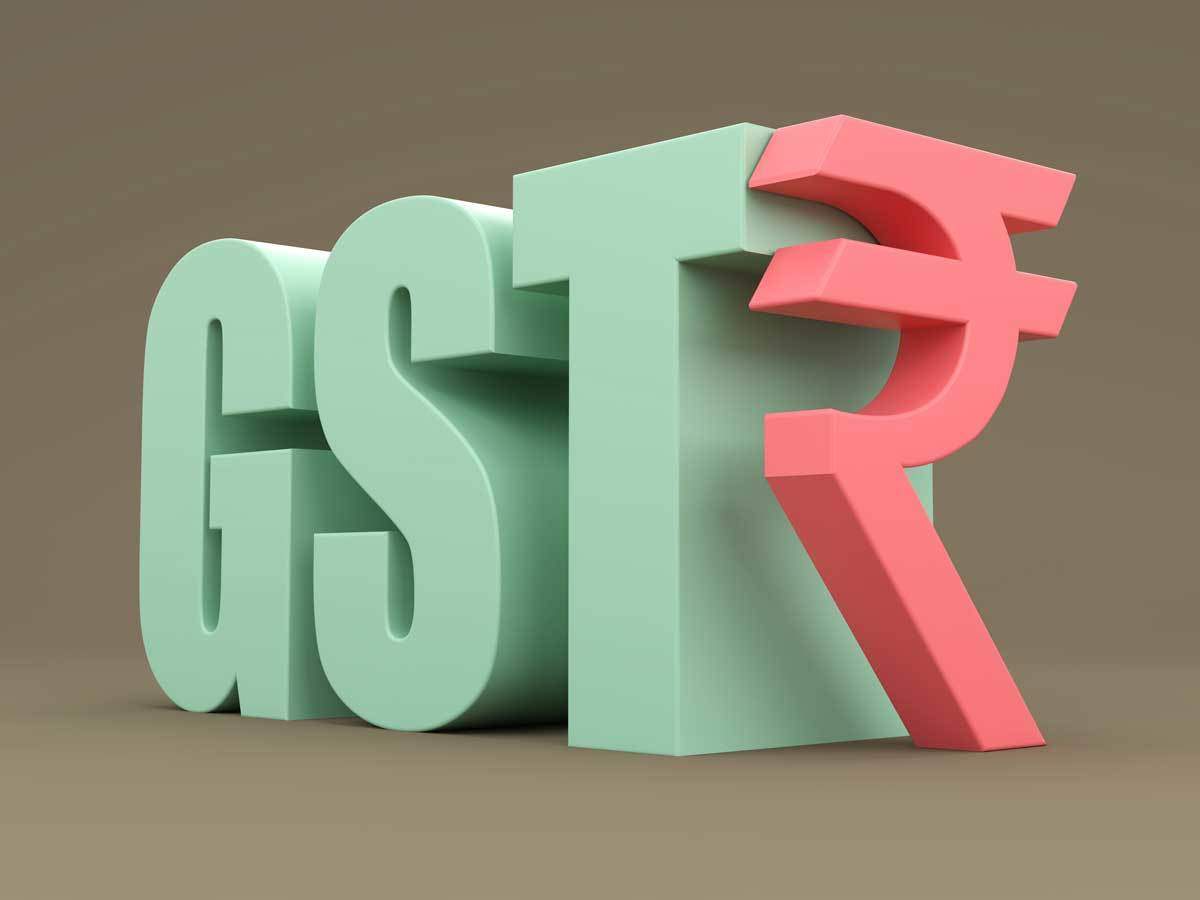GoM for GST reforms pushes for rigorous enforcement
The goods and services tax (GST) regime is set for an overhaul, with a state ministers’ panel proposing a slew of data analytics-led enforcement and registration measures to plug leakages and boost collections.
Expanding mandatory e-invoicing for business-to-consumer (B2C) transactions for high-risk sectors and blocking of input tax credit for claims of more than 105% of eligible credit are among the proposed suggestions. This assumes significance given that the compensation mechanism for states for revenue shortfall is to end in June.
The eight-member group of ministers (GoM) for system reforms led by Maharashtra deputy chief minister Ajit Pawar is expected to submit its report to the GST Council before the meeting in the latter half of April. The GoM has also proposed integrating GST data with various government sources such as the Central Board of Direct Taxes, IceGate, National Payments Corp. of India (NPCI), state government databases, Directorate of Revenue Intelligence (DRI), and the Directorate General of Goods and Services Tax Intelligence (DGGI), as well as third-party databases such as Map my India, payment banks, and point of sale (PoS) systems.
“We have identified various sources of evasion and suggested changes in business processes and IT systems to plug leakages. With states not getting compensation for a GST shortfall beyond June, these measures are significant,” said a GoM member requesting anonymity.
Tax evasion is set to become tougher under the GST regime, with the proposals largely aimed at identifying fake invoices, dubious transactions and high-risk taxpayers using data analytics and machine learning. The proposed measures include biometric verification and physical verification of premises of high-risk businesses flagged by the system as a prerequisite for registration. Besides, banks may be asked to report all point of sale (PoS) machine payments received by them on a quarterly consolidated basis, as per the recommendation of the GoM. The GoM may propose encouraging the use of QR codes for B2C transactions with incentives for buyers. The panel has proposed validation of bank accounts through National Payments Corp. of India (NPCI) data to identify illegitimate bank accounts to spot and curb frauds in tax refunds using dubious accounts. Other measures include mandatory e-invoicing for all B2B transactions, especially toys, electronics and cigarettes, where value addition is high, but the contribution to revenue at B2C supply level is low.
Besides, it also intends to collect during the registration process information pertaining to other government registration that the taxpayer may have obtained, such as electricity consumer numbers or property registration numbers. This is aimed to help verify the correctness of registration-related information such as the address and bank details and flag whether the taxpayer should be at high risk.
Other members of the GoM include Delhi deputy chief minister Manish Sisodia, Haryana deputy chief minister Dushyant Chautala, Assam finance minister Ajanta Neog and Chhattisgarh commercial taxes minister T.S. Singh Deo. To weed out fake registration and related frauds using e-way bills and returns filed, the panel may propose that the input tax credit (ITC) passed by fake invoice issuers may be kept pending. Besides, the GoM is likely to propose system-based nudges to improve compliance clarification from taxpayers.
Source form - https://www.livemint.com/economy/gom-for-gst-reforms-pushes-for-rigorous-enforcement-11649091481229.html





